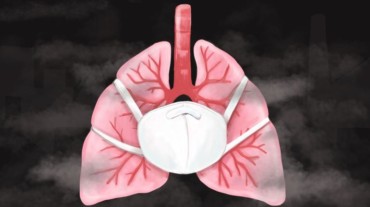Hollywood actor Ashton Kutcher’s revelation about being diagnosed with a rare form of vasculitis has got the world talking about this autoimmune disease.
The ‘No Strings Attached’ and ‘Jobs’ actor spilled the beans about vasculities in an episode of popular show ‘Running Wild With Bear Grylls: The Challenge’.
As per footage obtained by Access Hollywood, 44-year-old Kutcher said, “Like two years ago, I had this weird, super rare form of vasculitis, that like knocked out my vision, it knocked out my hearing, it knocked out like all my equilibrium.”
At one point, the actor even goes as far as saying that he feels “lucky to be alive”. When he faced the unprecedented situation, he wasn’t sure if he was “ever going be able to see again…(or) be able to hear again…(or) be able to walk again”.
His millions of fans globally raised concern, but Kutcher was quick to issue a health update via Twitter. He clarified that he was diagnosed with vasculitis, an inflammation of blood vessels, around 3 years ago, and he has now recovered.
Check out Ashton Kutcher’s tweet on his vasculitis recovery!
What is vasculitis?
The US National Heart, Lung and Blood Institute defines vasculitis as a group of rare conditions which occur when swelling affects the walls of your blood vessels. By blood vessels, we mean veins and arteries. The swelling is the body’s response to tissue injury, which may be caused by autoimmune disorders or diseases that make your body attack itself, infections or even trauma.
Vasculitis is not of one type, and neither is it gender specific. There are different names for different parts of the body where the condition strikes – from lungs and kidneys, nose and throat, brain and spine and more.

Symptoms of vasculitis
Symptoms of vasculitis may vary depending on the organ affected, and the degree of the condition which may range from mild to severe. But some of the general symptoms can include fever, fatigue, pain, weight loss and rash. Like in the case of Ashton Kutcher, a person may feel the symptoms in the parts of the body affected.
As for the treatment, medicines can be relied upon to alleviate symptoms and keep flare-ups at bay. It’s a good sign if the vasculitis responds to treatment.
Source link




